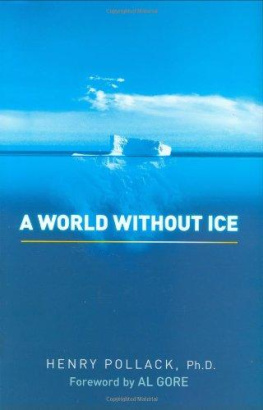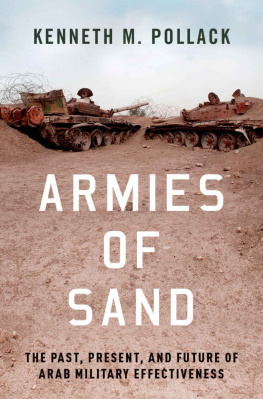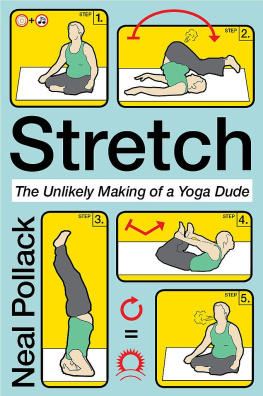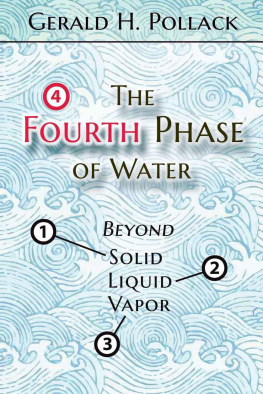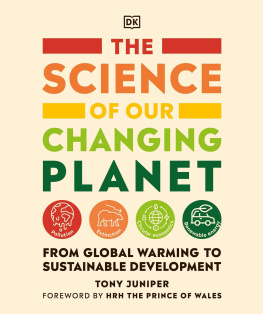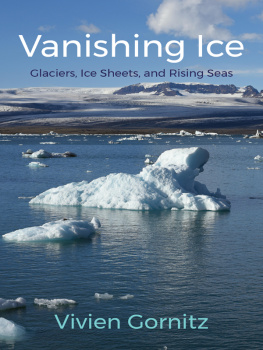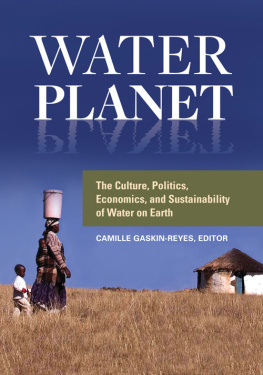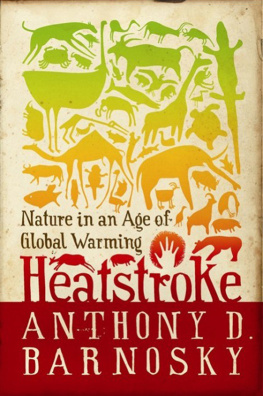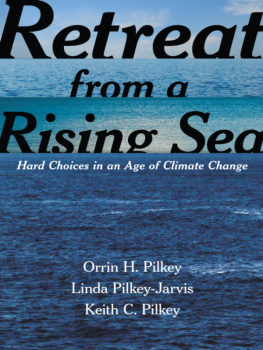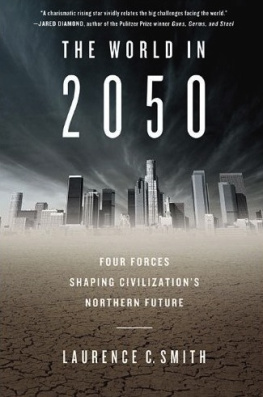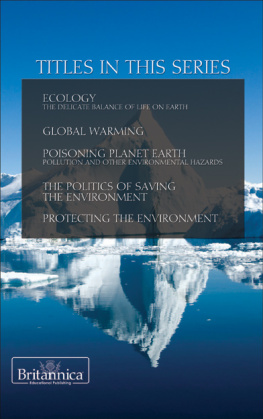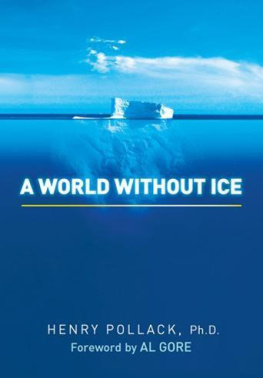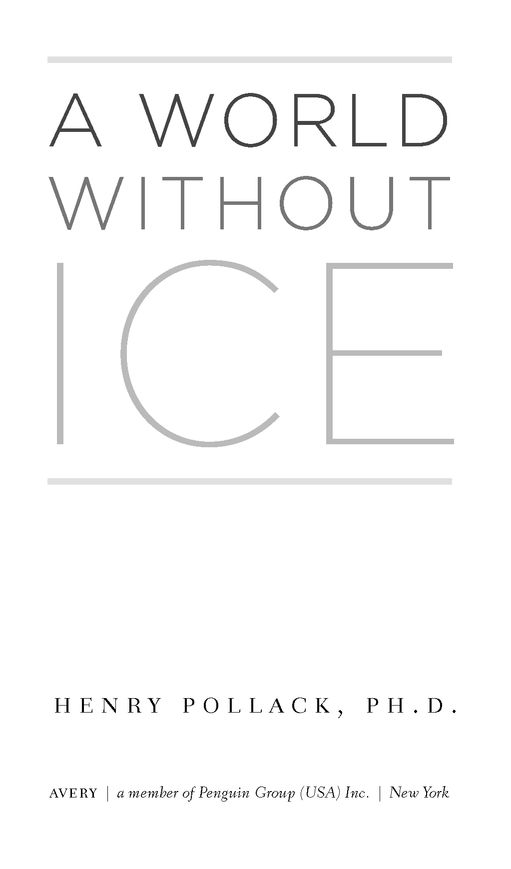Table of Contents
Published by the Penguin Group
Penguin Group (USA) Inc., 375 Hudson Street, New York,
New York 10014, USA Penguin Group (Canada), 90 Eglinton
Avenue East, Suite 700, Toronto, Ontario M4P 2Y3, Canada (a division
of Pearson Penguin Canada Inc.) Penguin Books Ltd, 80 Strand,
London WC2R 0RL, England Penguin Ireland, 25 St Stephens
Green, Dublin 2, Ireland (a division of Penguin Books Ltd) Penguin
Group (Australia), 250 Camberwell Road, Camberwell, Victoria 3124,
Australia (a division of Pearson Australia Group Pty Ltd) Penguin
Books India Pvt Ltd, 11 Community Centre, Panchsheel Park,
New Delhi-110 017, India Penguin Group (NZ), 67 Apollo Drive,
Rosedale, North Shore 0632, New Zealand (a division of Pearson
New Zealand Ltd) Penguin Books (South Africa) (Pty) Ltd,
24 Sturdee Avenue, Rosebank, Johannesburg 2196, South Africa
Penguin Books Ltd, Registered Offices:
80 Strand, London WC2R 0RL, England
Copyright 2009 by Henry Pollack
All rights reserved. No part of this book may be reproduced, scanned,
or distributed in any printed or electronic form without permission.
Please do not participate in or encourage piracy of copyrighted materials
in violation of the authors rights. Purchase only authorized editions.
Published simultaneously in Canada
The quotation from Genesis is from The Living Bible, copyright 1971.
Used by permission of Tyndale Publishers, Inc.,
Carol Stream, IL 60188. All rights reserved.
Most Avery books are available at special quantity discounts for bulk
purchase for sales promotions, premiums, fund-raising, and educational
needs. Special books or book excerpts also can be created to fit specific
needs. For details, write Penguin Group (USA) Inc. Special Markets,
375 Hudson Street, New York, NY 10014.
Library of Congress Cataloging-in-Publication Data
Pollack, H. N.
A world without ice / Henry Pollack, Ph.D.
p. cm.
Includes bibliographical references and index.
eISBN : 978-1-101-14874-7
1. Glaciers. 2. Ice 3. Global warming. I. Title.
GB2405.P
551.312dc22
This book is printed on recycled paper.
While the author has made every effort to provide accurate telephone numbers and Internet addresses at the time of publication, neither the publisher nor the author assumes any responsibility for errors, or for changes that occur after publication. Further, the publisher does not have any control over and does not assume any responsibility for author or third-party websites or their content.
http://us.penguingroup.com
To my students and colleagues
who have helped me understand how Earth works
FOREWORD
Humanity has arrived at a historic moment of decision. Our home, Earth, is in grave danger. At risk of destruction is not our planet itself, but the unique climatic conditions that have made it hospitable for human life and that help sustain civilization as we know it.
For decades now, scientists have studied Earths climate, the causes contributing to its warming, and how this rising fever is impacting and will continue to impact our world and way of life. As overwhelming scientific evidence mounted that human activity is the primary cause of dramatic and accelerating global warming, many in the scientific community raised the alarm.
Testifying before elected officials and policymakers, collaborating on international studies, reporting to the United Nations Intergovernmental Panel on Climate Change, consulting with business leaders and speaking out in the media, scientists around the world have worked hard to communicate the severity and immediacy of the challenge before usa challenge of our own inadvertent making and one requiring urgent, bold, and united action to address.
The consequences of inaction are already becoming more and more apparent: rising sea levels, more severe droughts, increasingly violent storms, the spread of disease, the loss of crops, disappearing wildlife, and politically destabilizing tides of climate refugees.
Still, a small group of climate change naysayerssome with deep financial interests in defending the status quo, and others with philosophical objections to any role for government in solving the crisishave mounted a vigorous public relations campaign: first, to try to refute the inconvenient truth of global warming; second, to question its causes; third, to minimize its consequences; and finally, to complain about the alleged costs of transitioning from fossil fuels to more sustainable and renewable energy sources.
Such dissembling and obstruction have taken their toll; over the past fifteen years, as the United States refused to play a leadership role in marshaling global efforts to combat climate change, the crisis has grown much more severe. Now we approach several global tipping points, whichif we do not address them boldly and immediatelymay plague generations to come for literally thousands of years.
One such tipping point is the loss of Earths ice, accumulated over millions of years but now melting at an alarming rate. Across the globe, glaciers that have for centuries provided agricultural and drinking water for more than a billion people are quickly disappearing. In Antarctica, ancient ice shelvessome the size of Belgium, Scotland, or Franceare beginning to disintegrate, sending massive icebergs into the Southern Ocean. Hundreds of glaciers on Greenland are slipping faster and faster into the Atlantic. And in the Arctic Ocean, where an ice sheet has capped the polar sea for not only the entire history of human civilization but for most of the last three million years, researchers have in recent years observed a fast-paced shrinking and thinning of the Arctic sea ice that will in just a decade lead to an ice-free Arctic Ocean throughout the summer months.
Some might askso what? Why should we care about vanishing glaciers and remote polar ice caps? Why does the disappearance of distant ice really matter to a farmer in Nebraska, an engineer in Rio de Janeiro, an investment banker in New York, a salesperson in Cincinnati, a bus driver in London, a tour guide in Tanzania, a child in Bangladesh, or a businessman in Beijing?
The answer is that, on a global scale, ice plays a critical and major role in setting the temperature of Earths atmosphere and oceans, governing major weather patterns, regulating sea level, and dramatically impacting agriculture, transportation, commerce, and even geopolitics. Though we have been slow to recognize this, our history and future are inextricably linked to the worlds ice.
If we do not act now, as individuals, as communities, as businesses, and as nations to slow and gradually halt the current meltdown, we risk destroying the very global systems that have enabled us to thrive and prosper.
In this insightful, accessible, and important new book, Dr. Henry Pollack explores the vital role that ice plays in the functioning of our planet, how it impacts human life, how we in turn are affecting ice, and why the decisions we make today, both individually and collectively, will shape the world and human society for thousands of years to come.
A World Without Ice explains complex global systems in simple terms without dumbing down the message, and explores the very real implications for people and the planet without succumbing to romanticism or hyperbole. As such, this book will help a broad range of readers understand the challenges we face and the high stakes of the climate change debate. Readers will be confronted with the fact that humans are no longer passive players in the global climate system, but rather key drivers of many changes now becoming apparent.

